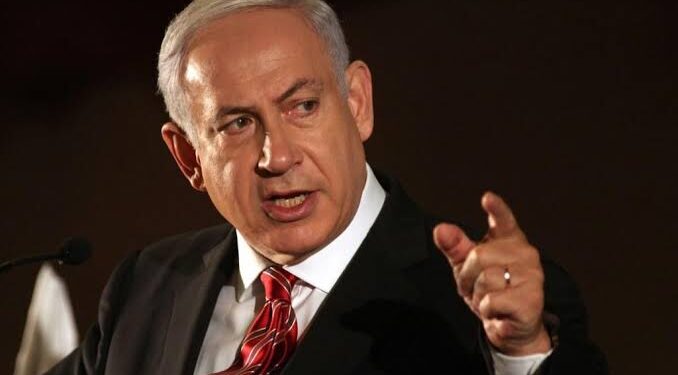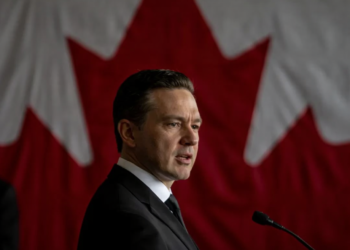Israeli Prime Minister Benjamin Netanyahu, who was appointed to manage Israel during these critical war times, is facing mounting criticism from both within Israel and the international community. The recent killing of six hostages and the inability to secure a conclusive agreement on a ceasefire have only added to these challenges. Internationally, Netanyahu has faced criticism for the high number of civilian casualties in Gaza resulting from Israel’s military operations. The failure of several ceasefire negotiations, largely due to Netanyahu’s firm stance on eliminating Hamas, has further strained relations with international bodies, especially after Hamas has shown some willingness to make concessions.
Internal Pressure and Public Dissent
Domestically, the situation is becoming increasingly untenable for Netanyahu. The killing of the six hostages has turned public opinion against him, with many Israelis now calling for the Prime Minister to agree to a ceasefire deal and prioritize the release of hostages. Netanyahu’s continued insistence on thoroughly eliminating Hamas, despite growing domestic unrest, has led to widespread protests and strikes across the country.
This internal pressure signifies a significant shift in the Israeli public’s tolerance for the ongoing conflict. It also points to the growing demand for a resolution that will secure a hostage release deal, sparing further civilian lives and addressing the humanitarian crisis in Gaza.

International Relations and Waning Support
On the international front, Netanyahu’s position is becoming increasingly isolated. U.S. President Joe Biden, who has been one of Netanyahu’s strongest supporters, has publicly acknowledged that he thinks Netanyahu is “not doing enough” to reach a ceasefire agreement. This statement aligns with the prevailing global view that Israel is the main obstacle to achieving peace. It also represents a serious blow to Netanyahu’s credibility on the world stage.
Furthermore, the United Kingdom, another key ally, has announced the suspension of several arms export licenses to Israel, citing concerns that these weapons are being used in violation of international humanitarian law. The recent decision of the United Kingdom underscores the growing unease among Israel’s allies regarding the conduct of its military operations in Gaza. Public criticism within these allied nations is also intensifying, further eroding the international support that Israel has traditionally relied upon.
The Broader Implications
The loss of support within Israel and among its international allies, while not yet overwhelming, presents a significant challenge for Netanyahu’s leadership.
The increasing pressure on Israel to agree to a ceasefire and to find a diplomatic resolution to the conflict suggests that Netanyahu may soon find his hardline approach unsustainable. If the protests and international criticisms continue to grow, Netanyahu might be forced to reconsider his strategy, potentially leading to a shift in Israel’s approach to the conflict.
In conclusion, while Netanyahu has historically been able to maintain a strong position both domestically and internationally, the current situation indicates a weakening of his support base. Whether this will lead to a change in Israel’s military and political strategies remains to be seen, but the growing dissent both at home and abroad is undeniable. The coming weeks will be critical in determining whether Netanyahu can weather this storm or if his position will be further compromised by the escalating demands for peace.

















